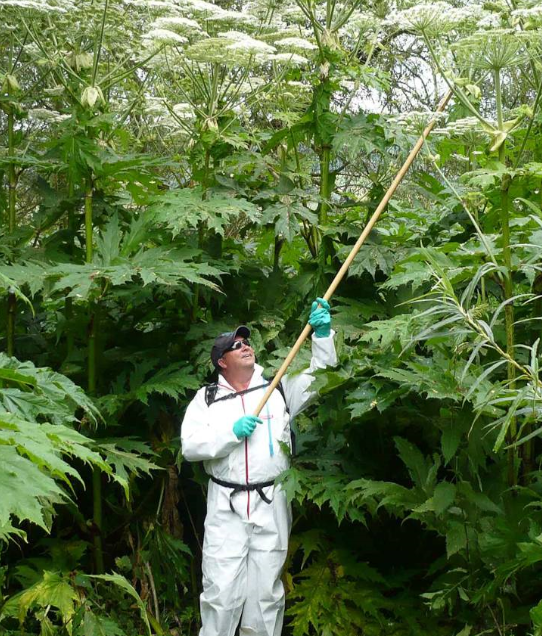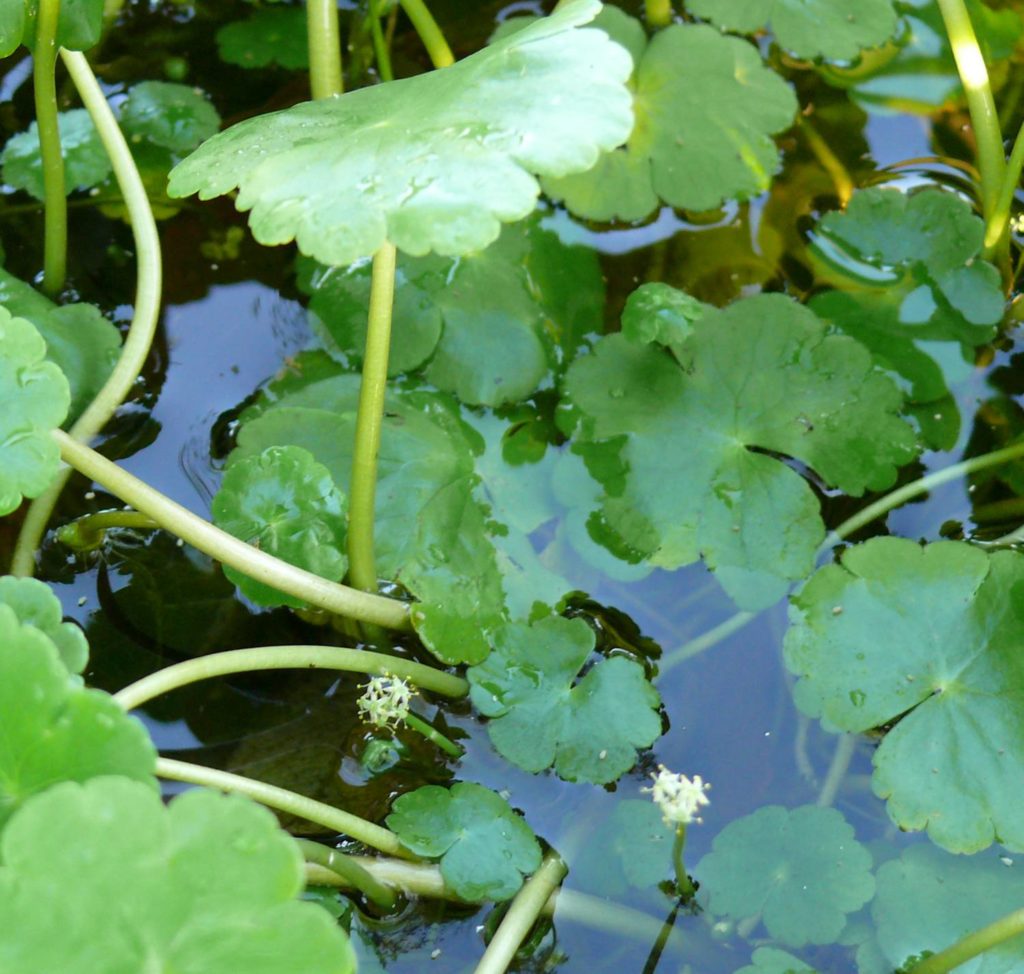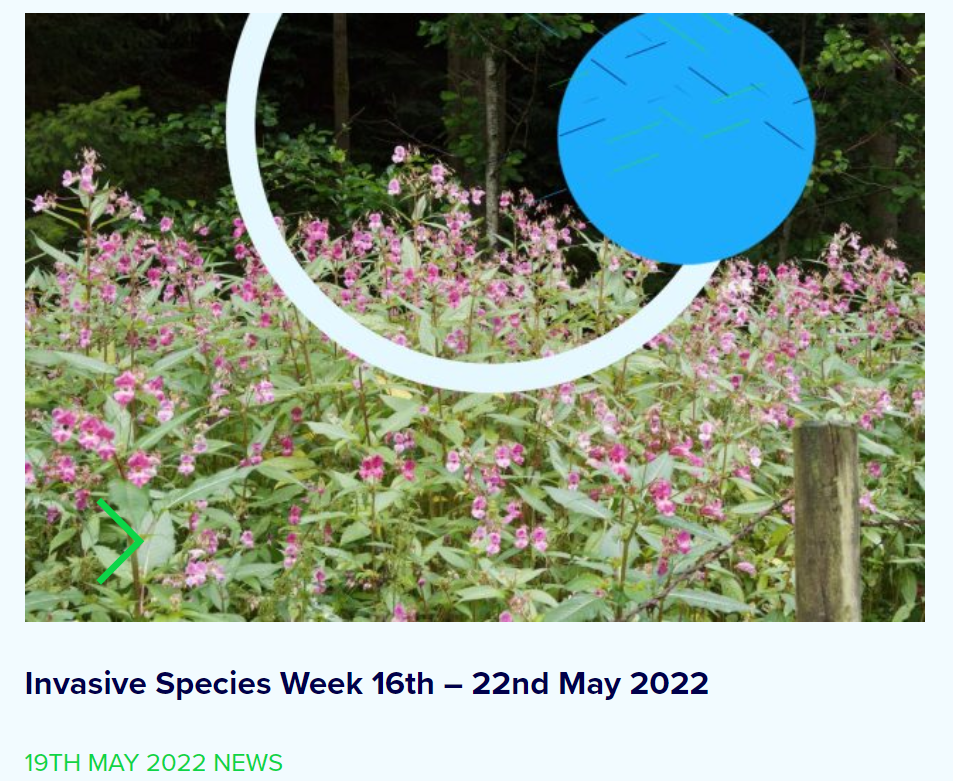Developing evidence-based resources and strategies to slow the spread of aquatic Invasive Non Native Species (INNS) through river catchments in Yorkshire
INNS threaten ecosystem services and increase flood risk costing the UK economy £1.7bn a year. They can be introduced and spread via clothing, vehicles and equipment during a range of activities. Once INNS become established, costs of controlling them are large and freshwaters are particularly affected. Prevention is better than the cure, and instilling good biosecurity practices in activities at most risk of introducing or spreading INNS is the most cost-effective management option available.
iCASP organised a workshop to explore the potential for working with Local Authorities and partners to improve the uptake of good biosecurity practice and to slow the spread of aquatic and riparian (riverbank) INNS. Current INNS action is reactive rather than proactive, taken when INNS has established and spread, rather than acting to prevent invasion and spread.
The role of iCASP is to bring together research evidence and expertise on biosecurity, geographic information system (GIS) modelling – a spatial system that creates, manages analyses and maps all types of data – stakeholder engagement, policy development and behavioural change to inform Local Authority strategies and produce resources to support the development of good biosecurity practice that is tailored to the their needs.
Easy to use, evidence-based biosecurity guides and materials are being produced during the project tailored to Local Authorities, their land users and contractors. These will help identify high risk activities, hotspots and enabled them to target biosecurity and resources in a cost-effective way
The long-term outcome will be new strategies embedded across Yorkshire, that can also be applied to catchments elsewhere, to reduce the spread of INNS and cost of treatment of infestations.
Partners
University of Leeds
Yorkshire Wildlife Trust
Leeds City Council
Barnsley Metropolitan Council
Environment Agency
Dale to Vale Rivers Network
Yorkshire Water
Yorkshire Invasive Species Forum
Project Team
Alison Dunn, Claire Quinn, Chris Hassall & Karen Bacon – University of Leeds
Ellie Barham & Nick Cave – Yorkshire Wildlife Trust
Martin Jones – Leeds City Council
Trevor Mayne – Barnsley Metropolitan Borough Council
Will Kitts & Andrew Virtue – Environment Agency
Sarah Clarke & Charles Foreman – Dales to Vale Rivers Network
Rachel Naden & Ben Aston – Yorkshire Water
Yorkshire Invasive Species Forum
Duration
February 2019 – 2021


Outputs
Updates: Project news

